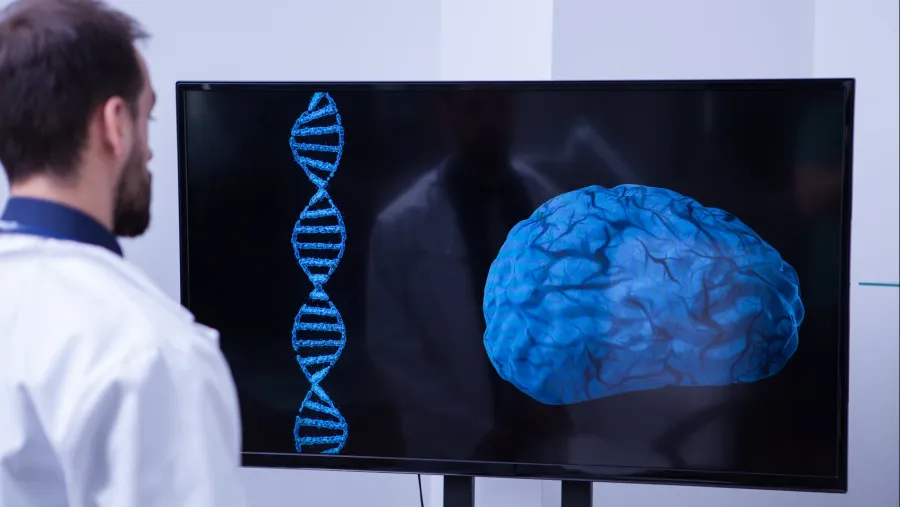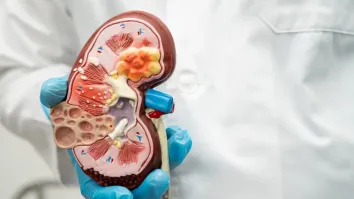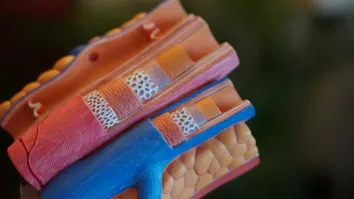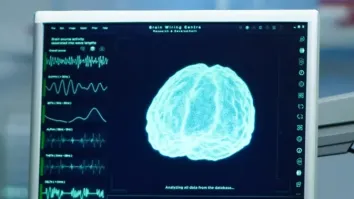
What factors drive the 7MM Angelman syndrome market?
The rare neurogenetic disorder affects around 500,000 people worldwide.
Rising prevalence, greater awareness and diagnosis, and the introduction of new therapies are expected to drive growth in the Angelman syndrome market across the seven major markets (7MM), according to DelveInsight.
Long-term support is needed for people with the condition as they grow into adulthood, including vocational training, independent living support, and access to specialised healthcare, the report said.
Meanwhile, current research into experimental therapies, such as gene therapy and targeted drug treatments, offer potential breakthroughs in managing the condition.
Whilst no cure exists, therapies such as antiepileptic drugs for seizure control, behavioural interventions, augmentative communication methods, and physical and occupational therapies are commonly used to support patients.
Angelman syndrome, which affects around 500,000 people worldwide, is characterised by developmental delays, intellectual disabilities, severe speech impairments, and distinctive behavioural traits.
7MM = US, Germany, Spain, Italy, France, UK, and Japan.



















 Advertise
Advertise







